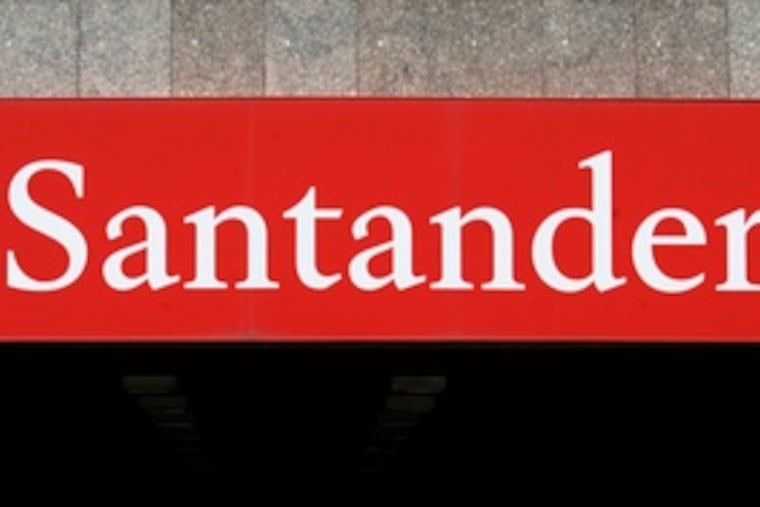List of those hurt by Madoff grows
When two FBI agents first approached accused fraud artist Bernard Madoff in his luxury Manhattan home last week, he all but turned himself in.

When two FBI agents first approached accused fraud artist Bernard Madoff in his luxury Manhattan home last week, he all but turned himself in.
After Madoff invited them inside, the agents began by asking whether there was an innocent explanation for the billions of dollars missing from Madoff's investment fund.
"There is no innocent explanation," Madoff allegedly said before detailing a multiyear fraud that has generated shock waves in the United States and Europe.
Five days after his arrest on one count of securities fraud, the list of bilked investors continues to grow.
As the Justice Department and the Securities and Exchange Commission pressed their investigation, investors large and small came forward to accuse Madoff of taking their money in a huge Ponzi scheme that took place over a decade or more.
According to initial estimates, it is shaping up as one of the biggest schemes to defraud investors of all time.
Among those bilked were a family charity established by Sen. Frank Lautenberg (D., N.J.), along with several huge U.S. and European investment funds and banks. They included BNP Paribas of France, the largest bank in France, which said it had lost up to $500 million in the scam.
Other big names included New York Mets owner Fred Wilpon, former Eagles owner Norman Braman, and Banco Santander Central Hispano S.A. of Spain, which reported potential losses of $3.1 billion. (The Spanish bank is in the process of taking over Philadelphia-based Sovereign Bancorp Inc.)
Lautenberg's office issued a statement saying the charitable fund had supported various causes, including Catholic Relief Services, the New Jersey Performing Arts Center, and the NAACP. The statement said Lautenberg had invested with Madoff "primarily" through the foundation.
Representatives of state employee pension funds in both Pennsylvania and New Jersey that cover both government workers and teachers said pension funds had not been invested with Madoff.
The JEHT Foundation of Boston, which has provided more than $500,000 in research grants and support for philanthropic projects in the Philadelphia region in recent years, said it was closing in January because of devastating losses from investments with Madoff.
Many investors were turning to their attorneys, hoping to regain some of what they lost. According to court papers, Madoff had told the FBI that only about $200 million to $300 million was left of the $50 billion that he had taken in from investors, but authorities have yet to independently verify that claim.
"The government has stepped in, and the process needs to take its course," said Matthew Taylor, head of the litigation-practice group at Center City's Duane Morris L.L.P., which is representing several investors who allegedly lost money in the scheme. "It's just too early to make any statements about what assets might be left."
Madoff was arrested Thursday after he admitted to federal agents that he had engaged in a scheme using principal payments from new investors to provide returns to earlier investors. The fraud was seemingly breathtaking in its scope.
Not only were major banks defrauded, but so too were individual investors, many of whom had placed their money with investment funds that in turn had invested with Madoff.
Lawyers for investors said yesterday that they were looking at whether to sue investment funds that had placed money with Madoff, if it could be shown that their managers failed to exercise good judgment.
"A lot of the initial fact-gathering on what went wrong will be done by the regulators," said Scott Berman, a New York lawyer who is representing individual clients who invested with the Fairfield Greenwich Advisors and Tremont Capital Managers, two investment funds that had placed large sums with Madoff. "It is going to take a while for this to be sorted out."
Madoff, the former chairman of the Nasdaq stock market, for years was a pillar of Wall Street. One of his firms, Bernard L. Madoff Investment Securities L.L.C., was a major market maker, helping brokers, banks, and other financial institutions to establish securities prices and execute trades.
He had reported to the SEC earlier this year that he had up to 25 major clients with $17.1 billion under management. The fund's collapse apparently was triggered by requests from clients earlier this month to redeem up to $7 billion in investments, a demand that Madoff apparently was unable to meet, according to the SEC complaint.